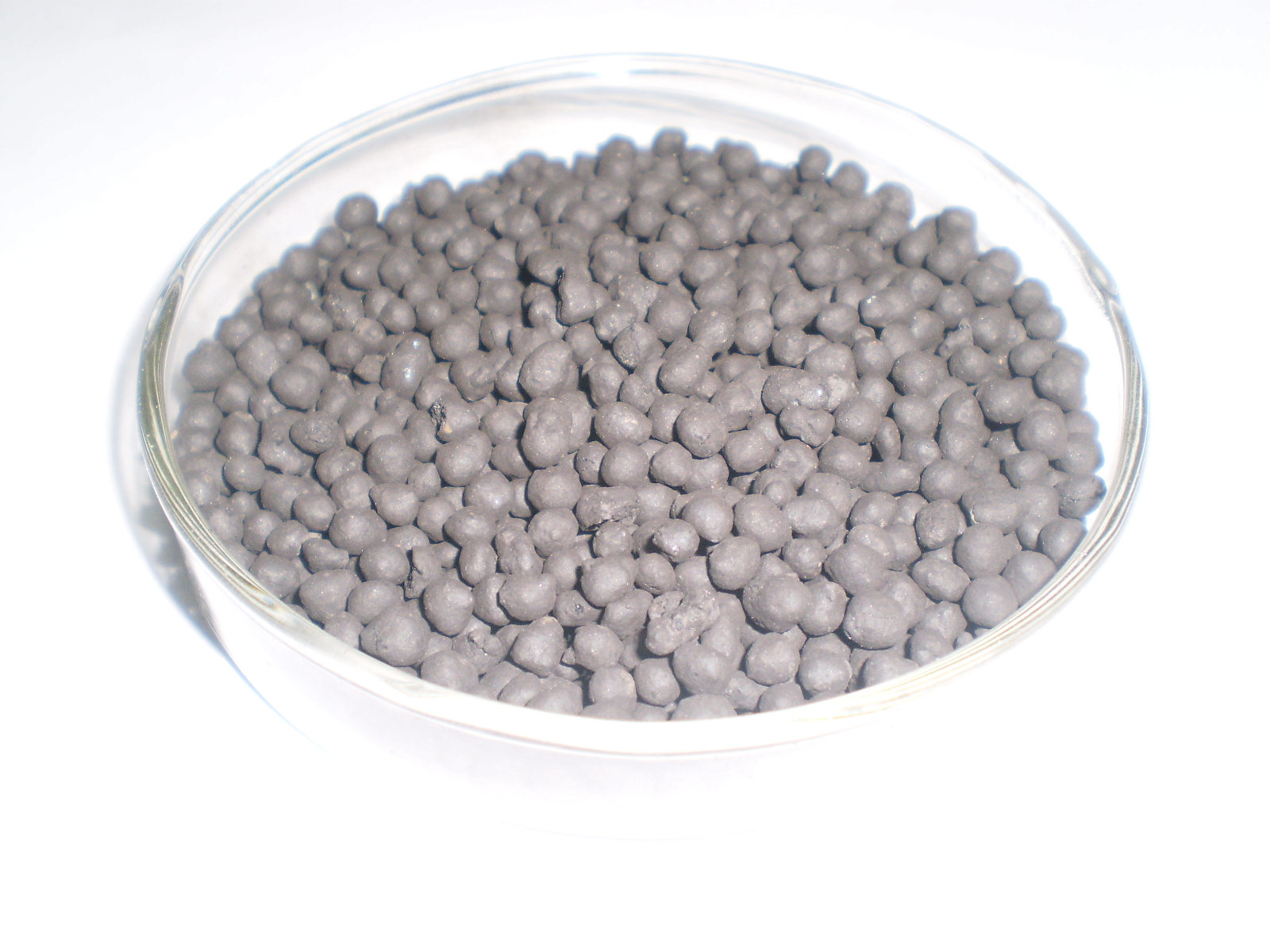With the needs of the global fertilizer industry, especially the upgrading of the fertilizer industry, humic acid is an important organic raw material and green environmental fertilizer, and its development has attracted more and more attention from the industry.
Increase soil nutrition
Humic acid can protect and store nutrients by adsorbing, complexing, chelation, ion exchange, etc. in the soil, or indirectly through activation or inducing soil enzymes. It plays an important role in forming a slow-acting nitrogen source, fixing nitrogen in the atmosphere, promoting the dissolution of insoluble phosphorus and potassium, reducing the loss of various nutrients, and promoting inorganic components in various rocks or minerals. Gradually dissolve.
Improve the physical structure of the soil
The gelling properties of humic acid promote the bonding of soil particles to form a stable agglomerate, which promotes the formation of soil aggregate structure. Humic acid can deepen the color of the soil, which is good for absorbing solar radiation and increasing ground temperature.
Increase soil moisture content
Humic acid can increase soil water holding capacity by 5 to 10 times.
Improve the soil. Humic acid has the ability to regulate and buffer soil pH, and can also improve soil cation exchange capacity and reduce soil salt content.
Promote soil microbial activity
Humic acid provides a major source of energy for soil microbial activities, improving the microbial population in the soil, and is suitable for the growth and reproduction of beneficial bacteria.
Reduce soil pollution
Humic acid has a buffering and attenuating effect on soil pollutants. It inhibits the activity of nitrifying bacteria and denitrifying bacteria in the soil and reduces the conversion of ammonium nitrogen to nitrate nitrogen. It forms a difficult macromolecular chelate with a small amount of heavy metals in the soil, reducing heavy metal pollution.










